Filter by
Hairball Medicine For Cats
Eliminate unpleasant hairballs thanks to hairball medicine for cats from Dutch! Help your cat live their best life with nutrition, treats, and medication to reduce hairballs.
-
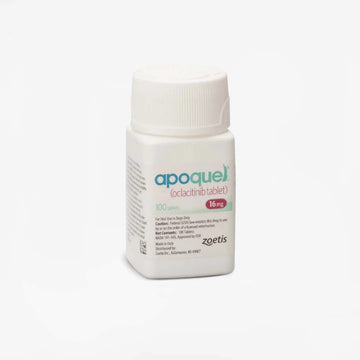
Apoquel (Rx)
$3.19 / unit
Multiple options available
-
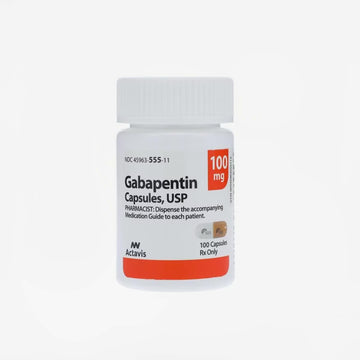
Gabapentin (Rx)
$0.28 / unit
Multiple options available
-
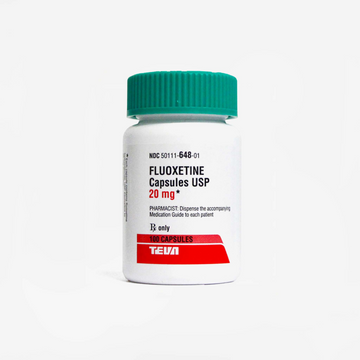
Fluoxetine (Rx)
$0.22 / unit
Multiple options available
-

Trazodone (Rx)
$0.30 / unit
Multiple options available
-
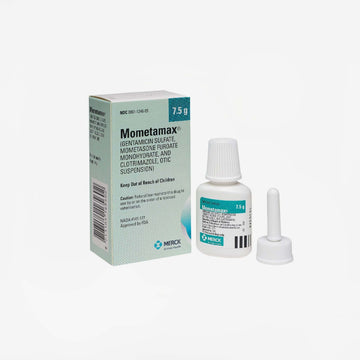
Mometamax Otic Suspension (Rx)
$38.84 / unit
Multiple options available
-
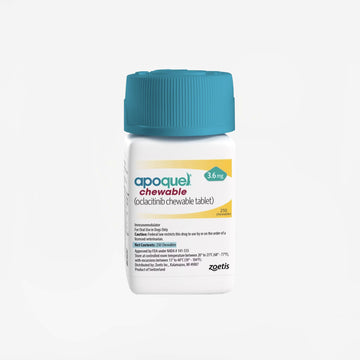
Apoquel Chewable (Rx)
$3.07 / unit
Multiple options available
-
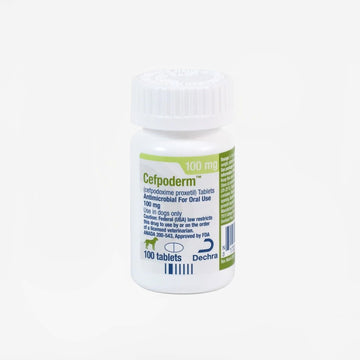
Cefpodoxime (Rx)
$1.70 / unit
Multiple options available
-
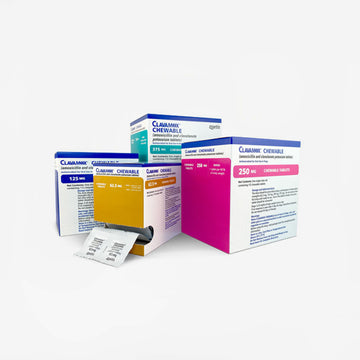
Clavamox (chewable tablet) (Rx)
$0.85 / unit
Multiple options available
-
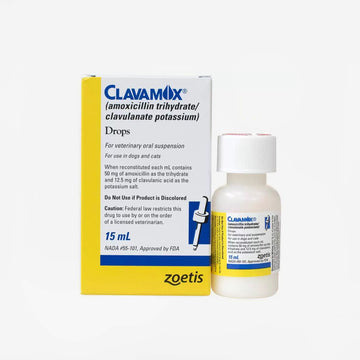
Clavamox (suspension) (Rx)
$41.99 / unit
-

Cephalexin (Rx)
$0.50 / unit
Multiple options available
-
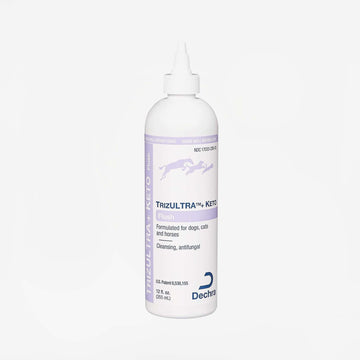
TrizULTRA + Keto Flush
$37.23 / unit
-
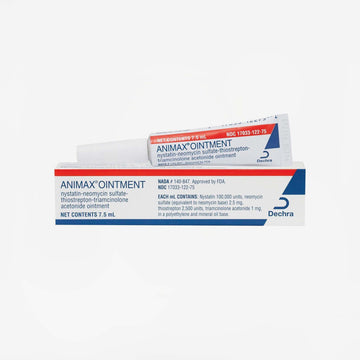
Animax Ointment (Rx)
$15.49 / unit
Multiple options available
-

Prednisolone (Rx)
$0.25 / unit
Multiple options available
-
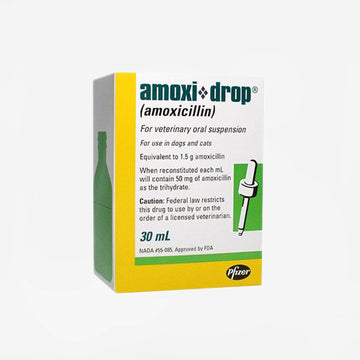
Amoxi-Drop 50 mg/ml Oral Suspension (Rx)
$20.01 / unit
-
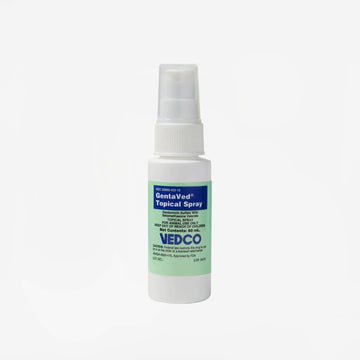
Gentamicin/Betamethasone Topical Spray (Rx)
$9.57 / unit
Multiple options available
-

Amoxicillin (Rx)
$0.45 / unit
Multiple options available
-
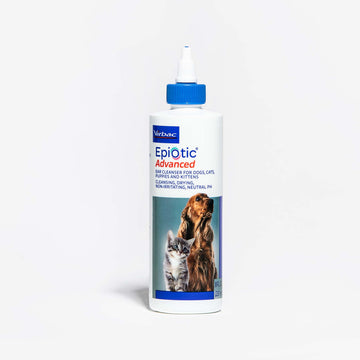
EpiOtic Advanced Ear Cleanser
$21.39 / unit
-
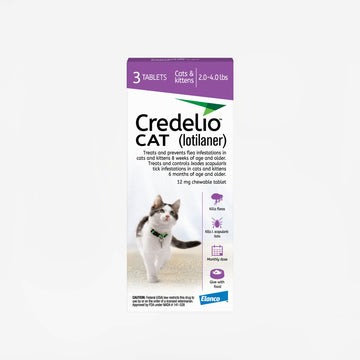
Credelio CAT - 3 months (Rx)
$36.00 / unit
20% off for a limited time Use code FLEATICK20Multiple options available
-

Douxo S3 PYO Shampoo
$22.99 / unit
-
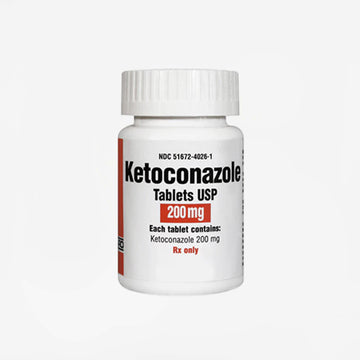
Ketoconazole (Rx)
$0.94 / unit
Multiple options available
Frequently asked questions
What is the best hairball medicine for cats?
What is the best hairball medicine for cats?
Looking for the best medicine for hairballs in cats? We carry a range of options to suit different needs. Explore these choices:
- Purina Pro Plan Indoor Care Salmon & Rice Formula and Purina Pro Plan Indoor Care Turkey & Rice: These dry food formulas are specifically designed with natural fiber to help control hairballs while providing your cat with the nourishment they deserve. Choose from a salmon or turkey formula according to your cat’s preferences.
- Feline GREENIES Smartbites Treats for Cats: A delicious treat cats love—and a great hairball medication for cats! GREENIES Smartbites contain a Fiberblend™ Formula that minimizes hairballs and promotes healthy digestion.
Laxatone for Cats: This oral gel hairball medicine for cats is gentle but effective in preventing and eliminating hairballs. Cats love its tuna flavor.
How does hairball medication for cats work?
How does hairball medication for cats work?
Hairball medication for cats can work in a few different ways. Some medications lubricate the digestive tract in order to help hair travel down it more smoothly and prevent it from getting stuck. Others contain fiber to help push hair through the digestive tract more easily. These can help prevent hair from clumping together into hairballs. Lastly, some hairball medications for cats contain laxatives that help your cat eliminate hair via bowel movements.
How often should I give my cat medication for hairballs?
How often should I give my cat medication for hairballs?
The frequency depends greatly on the type of cat medicine for hairballs that you choose. Cat food and treats for hairball management can typically be given daily. Medications, on the other hand, may only need to be administered once or twice a week.
Before incorporating a new hairball medication into your cat’s routine, talk to your vet. They can help advise on the best medicine for hairballs as well as dosage and frequency. Dutch members get unlimited access to licensed veterinarians for questions like these and more. They also get guaranteed low Rx prices and free shipping on all orders from Dutch’s online pet pharmacy.
Does wet food help with hairballs?
Does wet food help with hairballs?
Wet food can help with hairballs because of its high water content. The moisture in wet food can lubricate your cat’s digestive tract and help hair pass through more easily. If you’d like to explore wet food to help treat hairballs in cats, look for one that’s specifically formulated to eliminate hairballs and support digestion.
What happens if a cat can't cough up a hairball?
What happens if a cat can't cough up a hairball?
If a cat is unable to cough up a hairball, it can lead to serious problems like intestinal blockages. Cats with stuck hairballs may have gastrointestinal symptoms like vomiting, constipation, and decreased appetite. A stuck hairball that’s left too long can be a very dangerous situation. If you think your cat may have a stuck hairball, talk to your vet immediately.





















